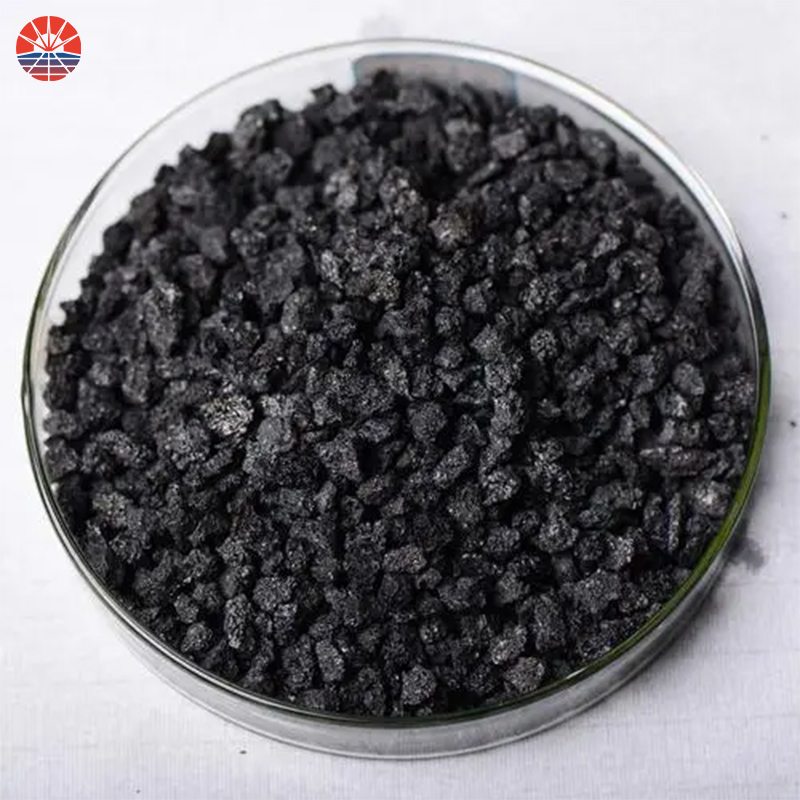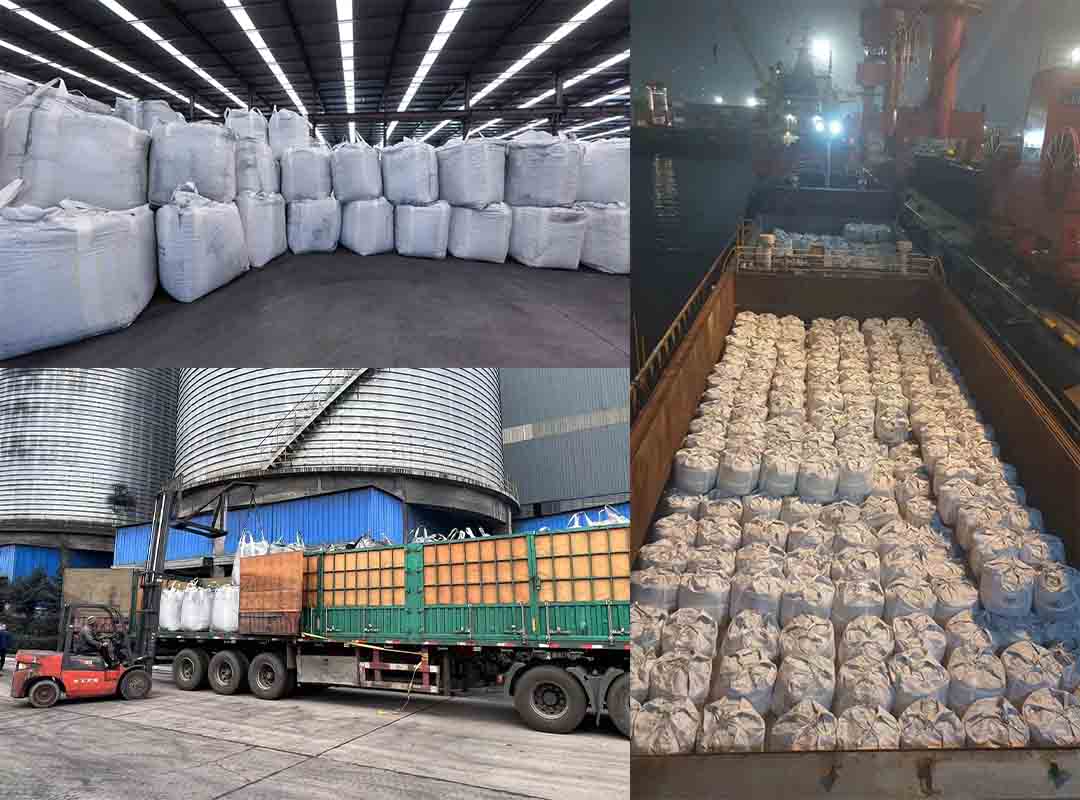Benefits Of Using Graphitized Petroleum Coke In Foundries
Using graphitized petroleum coke (GPC) in foundries can offer several benefits. Here are some key advantages:
Carbon Additive: GPC is commonly used as a carbon additive in foundries. It helps increase the carbon content in the molding sand mixture or in the metal being cast. The addition of GPC ensures the desired carbon level is achieved, which is crucial for the proper formation of graphite in castings and for controlling the carbon equivalent of the metal.
Graphite Formation: GPC serves as a source of graphite formation during the casting process. Graphite provides several benefits, including improved lubrication, reduced friction, enhanced mold release, and improved machinability of castings. The high graphitization level of GPC promotes the formation of graphite flakes, contributing to the desired characteristics and properties of the castings.
Nucleating Agent: GPC acts as a nucleating agent for graphite formation. It promotes the formation of graphite flakes during solidification, influencing the microstructure and properties of the castings. Nucleation control is crucial for achieving desired casting characteristics, such as improved mechanical strength and reduced shrinkage.
Slag Modifier: GPC can be used as a slag modifier in foundries. It helps reduce the formation of undesirable slag by absorbing impurities and facilitating their removal from the molten metal. This improves the overall cleanliness of the metal and reduces the risk of defects in the castings.
Thermal Conductivity: GPC exhibits excellent thermal conductivity. When used in foundries, it aids in the efficient transfer of heat during the casting process. This helps distribute heat more evenly within the mold, promoting proper solidification and reducing the risk of thermal stress and casting defects.
Consistent Quality: GPC production processes are well-established, ensuring consistent quality and properties of the material. This allows foundries to rely on GPC for consistent performance and predictable results in their casting processes. Consistent quality of GPC helps maintain process control and reduces variability in the production of castings.
Cost-Effectiveness: GPC is a cost-effective carbon additive for foundries. Its availability, relatively low cost compared to other carbonaceous materials, and desirable properties make it a cost-efficient choice for improving carbon levels and achieving desired casting characteristics.
Overall, the benefits of using graphitized petroleum coke in foundries include its role as a carbon additive, graphite formation, nucleating agent, slag modifier, thermal conductivity enhancement, consistent quality, and cost-effectiveness. These advantages contribute to improved casting quality, enhanced process control, and efficient production in foundry applications.
Graphitized petroleum coke(GPC) Role in foundry factory
Graphitized petroleum coke plays several important roles in a foundry factory. Here are some of its key functions:
Carbon Additive: Graphitized petroleum coke is commonly used as a carbon additive in the production of cast iron and steel in foundries. It is added to the furnace charge or the molten metal to adjust the carbon content and improve the overall quality of the final metal castings. The carbon content affects the strength, hardness, and other mechanical properties of the castings.
Reducing Agent: In foundry processes, graphitized petroleum coke acts as a reducing agent. It reacts with oxygen and other impurities present in the molten metal, such as oxides and sulfides, helping to remove them and improve the metal's purity. This reduction process contributes to the overall quality and integrity of the castings.
Thermal Conductivity: Graphitized petroleum coke has excellent thermal conductivity due to its high carbon content and graphitic structure. Foundries utilize this property by adding graphitized petroleum coke to molding sand or cores. The coke improves the thermal conductivity of the mold, allowing for more efficient heat transfer during casting and solidification processes. This results in improved dimensional accuracy, reduced defects, and enhanced casting properties.
Inoculant Carrier: Graphitized petroleum coke can serve as a carrier material for inoculants in foundries. Inoculants are added to molten metal to modify its microstructure, enhance mechanical properties, and control the formation of undesirable phases. The graphitized coke provides a stable and porous structure for the inoculants, allowing for better dispersion and distribution in the molten metal.
Carbon Riser: In foundry applications, graphitized petroleum coke can be used as a carbon riser. A carbon riser is added to the mold or core to compensate for the carbon loss that occurs during the casting process. It helps maintain the desired carbon content in the final castings, ensuring consistent mechanical properties.
The specific application and usage of graphitized petroleum coke in a foundry depend on factors such as the type of metal being cast, the desired properties of the castings, and the specific requirements of the foundry process.














